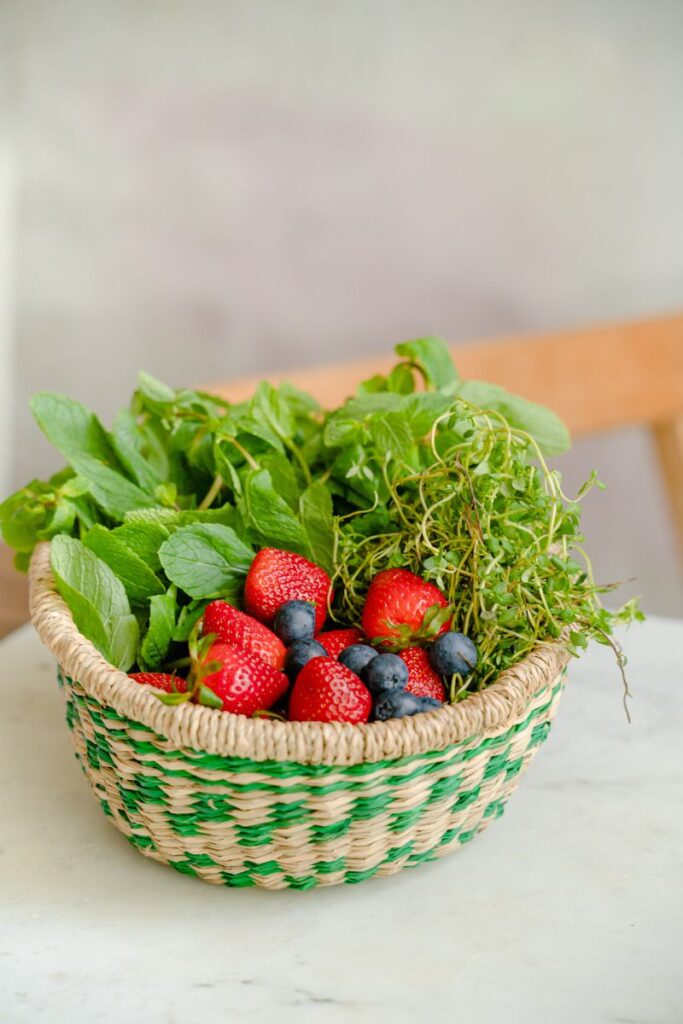
Losing weight is a difficult endeavor for many, especially for those who eat unhealthy foods like meat and dairy. Consuming fresh fruits and vegetables, along with a positive mindset and regular exercise, is often the best option to solve weight loss issues. With this in mind, becoming a vegan is not only good for the environment and animal welfare, but other amazing benefits support health and weight loss.
How Do High-Fiber Fruits and Vegetables Aid in Weight Loss?
Every fruit and vegetable contains fiber. The seeds, membranes, and skin have the highest concentration of fiber. It’s easier to lose weight by consuming fiber-rich foods because a person’s diet will contain fewer calories plus it helps you to feel much fuller. Other than this important benefit fiber doesn’t burn fat or perform any other particular function. By choosing fiber-rich fruits and vegetables instead of unhealthy foods which are harmful to the body, those hunger pangs will most likely occur less often. After the fiber is consumed and the stomach is filled, the receptors that are stimulated communicate to the brain to finish eating. Supplements aren’t considered a good source of fiber compared to fresh foods.
Fiber is a carbohydrate that doesn’t make the blood sugar rise. Besides being found in fruits and vegetables, it’s also found in whole grains. In order to maintain a healthy weight or just lose those dreadful extra few pounds, 38 grams of fiber should be consumed daily by men. 25 grams of fiber daily may be sufficient for women under the age of 50.
List of Fruits and Vegetables High in Fiber:
Fruits: Blackberries, figs, raspberries, mangoes, guava, persimmon, strawberries, bananas, oranges, apples, kiwi, pomegranate seeds, pears, grapefruits, coconuts, kumquats, apricots, blueberries, boysenberries, casaba melon, cantaloupe, watermelon, tangerines, strawberries, tamarind, starfruit, cherries, quince, rhubarb, plums, plantain, pineapple, peaches, passion fruit, papaya, nectarine, oranges, lemon, lime, grapes, honeydew melon, currants, cranberries, clementine, and cherimoya.
Vegetables: (Dark-colored vegetables usually have higher amounts of fiber.) parsnips, brussel sprouts, carrots, avocados, edamame, roasted acorn squash, artichokes, beets, split peas, broccoli, Swiss chard, collard greens, potatoes, zucchini squash, white mushrooms, romaine lettuce, red cabbage, portobello mushrooms, parsley, onions, okra, leeks, mustard greens, kale, green onions, lettuce, green beans, eggplant, corn, chili peppers, cauliflower, bok choy, and bell peppers.
Foods high in fiber have many other benefits including lowering the risk of developing high blood pressure, cancer, and heart attacks. For those who have trouble with fiber consumption or constipation, supplements may be a better option. A trusted doctor may be a safe choice and a great source of information for individuals in this instance.